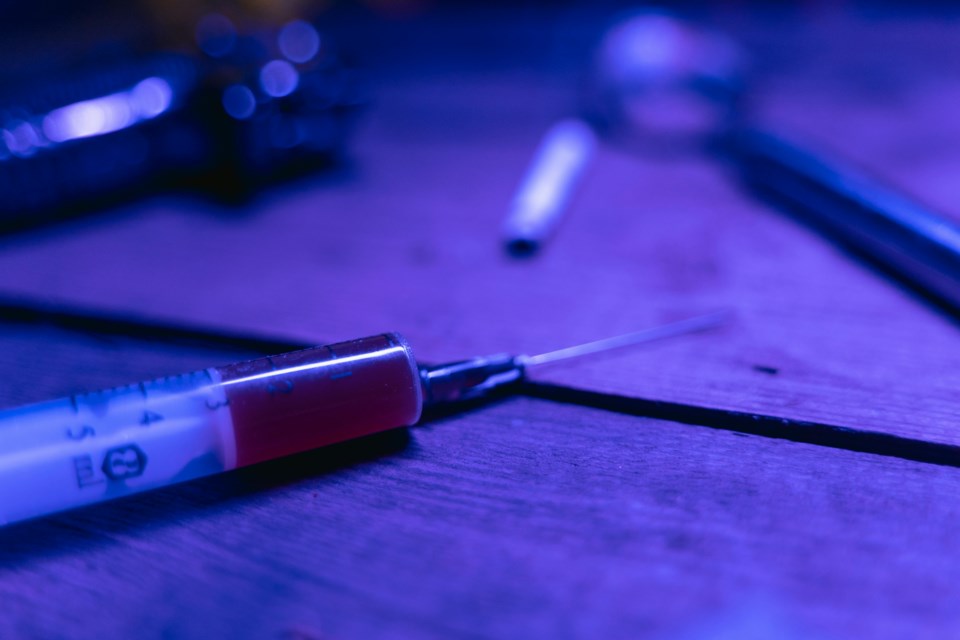OrilliaMatters welcomes letters to the editor at [email protected] or via the website. Please include your full name, daytime phone number and address (for verification of authorship, not publication). The following letter is in response to an article regarding a campaign about addiction, published May 8.
Unlike other commentators who hide behind fake names, I happen to believe you should speak up and speak out and put your name behind your thoughts.
The recent article on addiction points out a worrying trend in our society; no, I am not talking about addiction. The article covered several ‘current’ theories and proposed ‘solutions’ to addictions.
There are many perspectives on the addiction crisis. The opening of cannabis storefronts to make a drug more accessible and safer, from the freelance entrepreneurs that populated my high school (no, I was not a customer), was one solution. The availability and accessibility of opioids, both prescribed and ‘obtained,’ have contributed to the crisis. We chose to make them more accessible. In British Columbia, the decriminalization of harder drugs has proven to be a disaster that is a current political hot potato being tossed from party to party.
The suggestion that addiction is not a choice, but a consequence of trauma, is cool, and current, and wrong. The idea that a traumatic youth and a negative environment, and this pearl of wisdom — “substance use disorder is almost purely a creation of the circumstances of a person’s life largely beyond their control” — points to the larger problem in our culture, the demise of personal responsibility.
No one forced the first drug on an innocent child, dooming them to an inevitable life of addiction. Somewhere an individual choice was made and, yes, there might be trauma and pain, but the choice of how to react to it is up to the individual. There are far too many stories of people who overcame hardship and trauma and made personal choices to be different and work hard. To suggest that addiction is the inevitable outcome of a traumatic life is to give licence to the idea that society is both the cause and the cure of this choice. It is not.
The idea that we facilitate — and, yes, that is what we are doing, facilitating — addiction by opening safe injection sites, and providing housing and food for someone who, yes, had a traumatic life, without personal responsibility only creates a lifetime of dependency, if you will, an addiction to the idea that someone else is responsible for your problem and at the same time, someone else who must pay for it. We have fallen for this faux guilt and the need to equalize everyone’s experience and outcome.
Before you tar and feather me, let me tell you my story. I came from a loving home. My parents divorced when I was 10. We moved to a motel and put up a brave front and went to school every day. My sister went into foster care at 12 years old. My brother moved out of the house at 15 years old. My sister had a baby at 18 years old. I moved out at age 18 to live with a Christian family who invited me to live with them and that changed my life — that and hard work and personal responsibility.
So, we must ask ourselves: What kind of help is helping? Opening a safe injection site is not helping; it is facilitating addiction, without personal responsibility.
I am all for helping those who want to change and will accept a role in the change. I am not in favour of blaming our past, and our current predicament.
So, here is my name.
Duncan McDonald
Orillia



